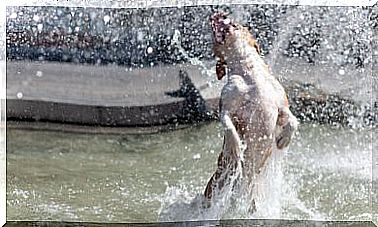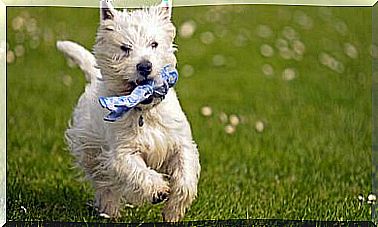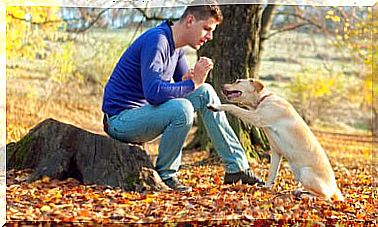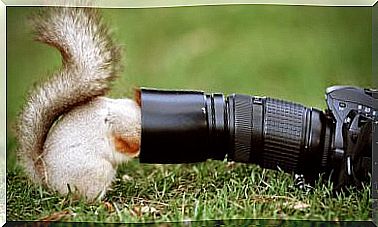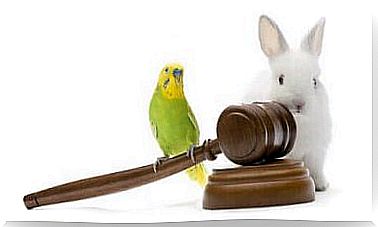How To Educate An Asocial Dog
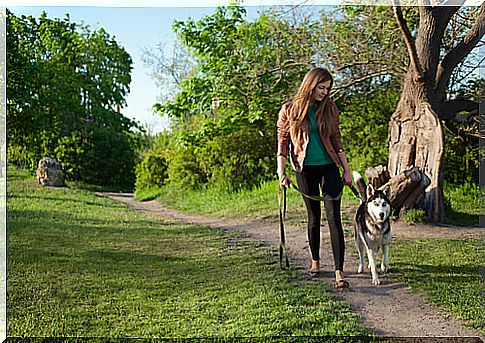
Many of the behaviors that adult dogs develop are due to mistakes that were made during the education process. Unfortunately, many of these flaws stem from the fact that we have a dog that does not tolerate the presence of other people or animals. Below you will find some recommendations on how to educate an unsociable dog.
Asocial dog
First of all you must consider that there are two very marked types of behavior that can develop in your dog and that make it “unsociable”:
- A dog that is too nervous : the dog develops a sense of fear in making contact with other dogs or people other than his environment. Situations such as tension or fear can cause the dog to behave inappropriately (peeing, barking, or behaving violently if he feels surrounded).
- A stressed dog : generally when our pet is experiencing a stressful situation, he risks not knowing how to approach other animals correctly, nor allow contact or an approach.
- An Aggressive Dog: Aggression, unfortunately, is one of the most common problems faced by pet owners, and is generated for multiple reasons. The main reason, however, originates in the dog’s isolation.
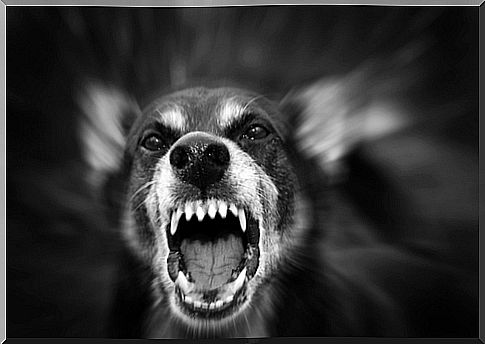
As mentioned at the beginning of the article, the anti-social tendencies are due to a bad breeding process of the animal; however, many of these behaviors can be corrected even when the dog is already an adult. Dogs, like humans, continue to learn throughout their lives; nevertheless, transforming the behavior of an asocial dog will take time and patience. Keep in mind that for a correct socialization process of your dog, you will have to satisfy three basic needs:
They must train : exercise is essential for dogs, as it is their way of getting rid of all the accumulated energy. Thanks to walks, dogs become acquainted with new environments, which allows them to interact with other people and animals.
They need to be in contact with other animals: Dogs are naturally extremely social, and part of developing a healthy mindset is in continuous contact with other animals. Very often dogs that are not used to contact with other animals react with aggression or fear in front of other dogs because they do not know what to do. This situation can bewilder them and produce unwanted reactions.
They must not be “humanized” : the mistake of many owners is to treat them as if they were human beings, without understanding that the social system of dogs is different from ours, it is based on hierarchy. A dog that is too spoiled or that assumes a dominant role in the hierarchy of his home will behave in the same way with other animals, dominating, as his owner has given him the alpha place.
What to do if your dog is antisocial
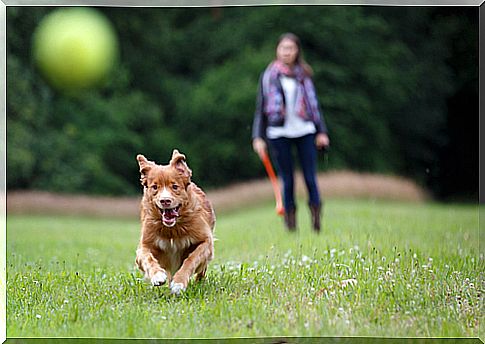
- Exercise your pet daily. This way he will lose less energy and can concentrate on what you are trying to teach him.
- Get him used to seeing and hearing other animals. As mentioned above, many of the “social” problems of dogs are due to the fact that they are not used to contact with other animals. This process must be implemented little by little, making sure that there is a safe distance for the dog not to attack the other animal, initially avoiding other owners or warning them that their dog is being trained and that they must keep their distance.
- Learn to recognize dog body language when it becomes nervous, grunts, or becomes alert. These behaviors must be stopped immediately by changing his mental state, making him focus on something else and not attack.
- Go for long walks with the dog, using the chain and muzzle. Preferably use a strangling collar, although it is better to avoid pulling the rope too hard so as not to damage the animal’s windpipe. This type of collar is used to prevent the dog from pulling and dragging the owner, not to make the owner pull the leash. Choose a place where there are other dogs and always remember to watch his body state, trying to prevent him from entering an attack state of mind.
- Seek advice if your dog is very aggressive. You can consult with professional dog walkers, who generally have good knowledge and strategies for handling this type of situation.

